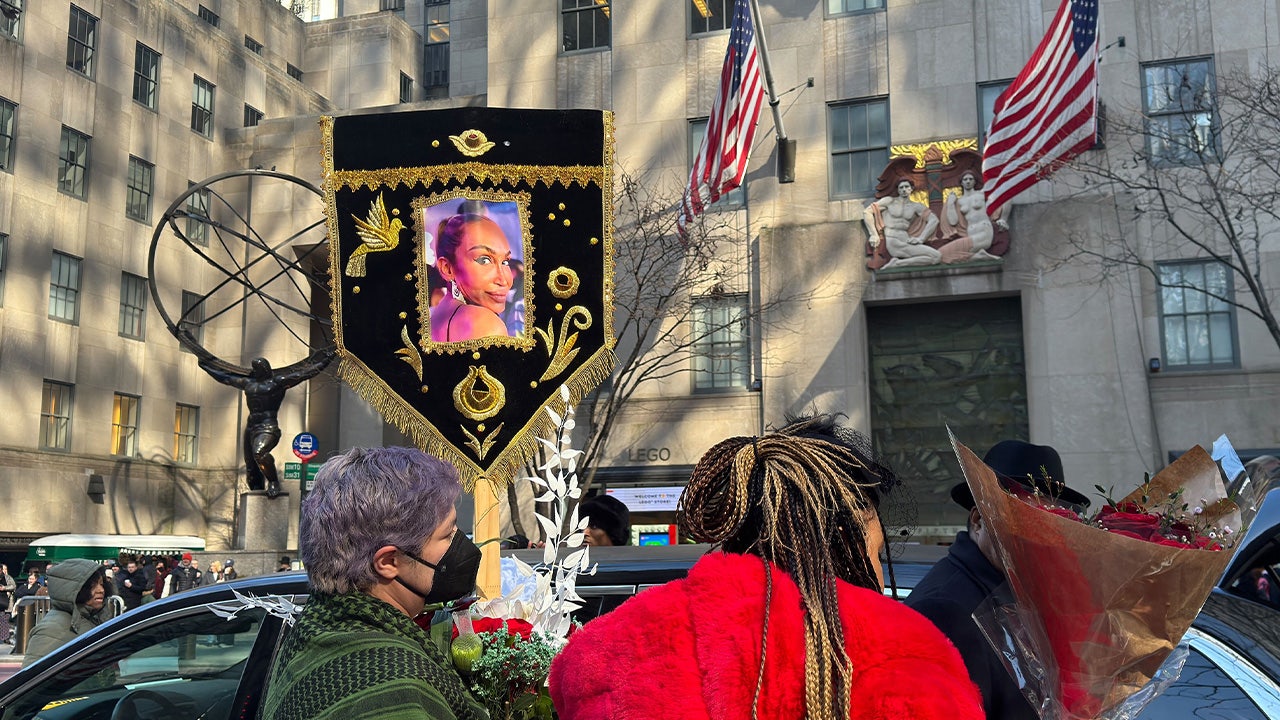The New York Archdiocese issued a statement on Saturday denouncing what it described as “scandalous behavior” that occurred during a funeral held at St. Patrick’s Cathedral for transgender community activist Cecilia Gentili. Rev. Enrique Salvo expressed the Cathedral’s lack of awareness regarding Gentili’s reported atheism and transgender identity prior to the service. He emphasized that the Cathedral had only been informed of a request for a funeral Mass for a Catholic individual, unaware that the event would devolve into what Salvo characterized as sacrilegious and deceptive conduct.
Acknowledging the shared outrage expressed by many individuals over the incident, Salvo extended gratitude to those who had voiced their concerns regarding the behavior witnessed at the funeral. The service, which attracted hundreds of attendees, reportedly featured individuals dressed in bold-colored outfits, with some making unconventional choices. Reports indicated disruptions during the ceremony, including spontaneous singing and dancing in the aisle, prompting applause from the audience.
In response to inquiries from The Washington Post, NY Archdiocese spokesperson Joseph Zwilling clarified that the statement referred to specific instances of inappropriate behavior observed during the funeral. Examples cited included derogatory comments and alterations to sacred hymns, such as replacing “Ave Maria” with “Ave Cecilia.”
Cecilia Gentili, known for her advocacy for decriminalizing sex work and transgender rights, was remembered by The New York Times as a powerful advocate for marginalized communities. Described as a transformative figure who overcame personal challenges, Gentili’s legacy was marked by her commitment to social justice causes.
Gentili’s family issued a statement disputing the Archdiocese’s characterization of the funeral, asserting that the event was a celebration of her life and legacy. They praised Gentili’s tireless advocacy and criticized the Church’s perceived hypocrisy and discrimination against transgender individuals. Describing Gentili as a “revolutionary saint” within their community, her family emphasized her impact on marginalized groups and condemned the Church’s failure to be inclusive. They affirmed that Gentili’s funeral would be remembered as a radical expression of love and mourning for a beloved advocate.




















